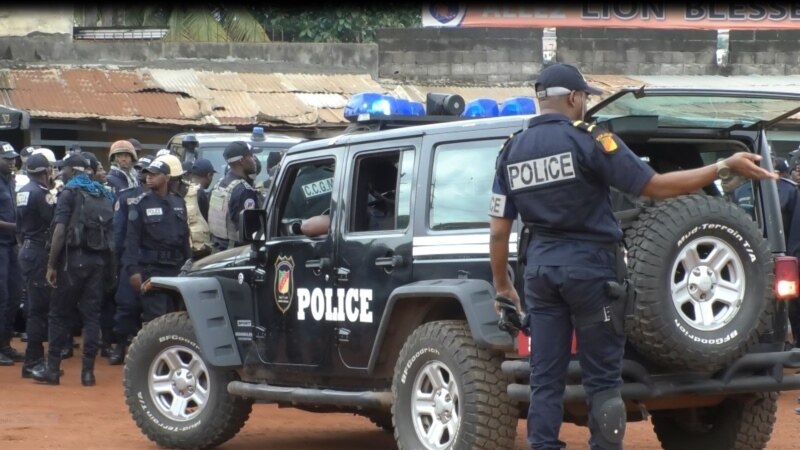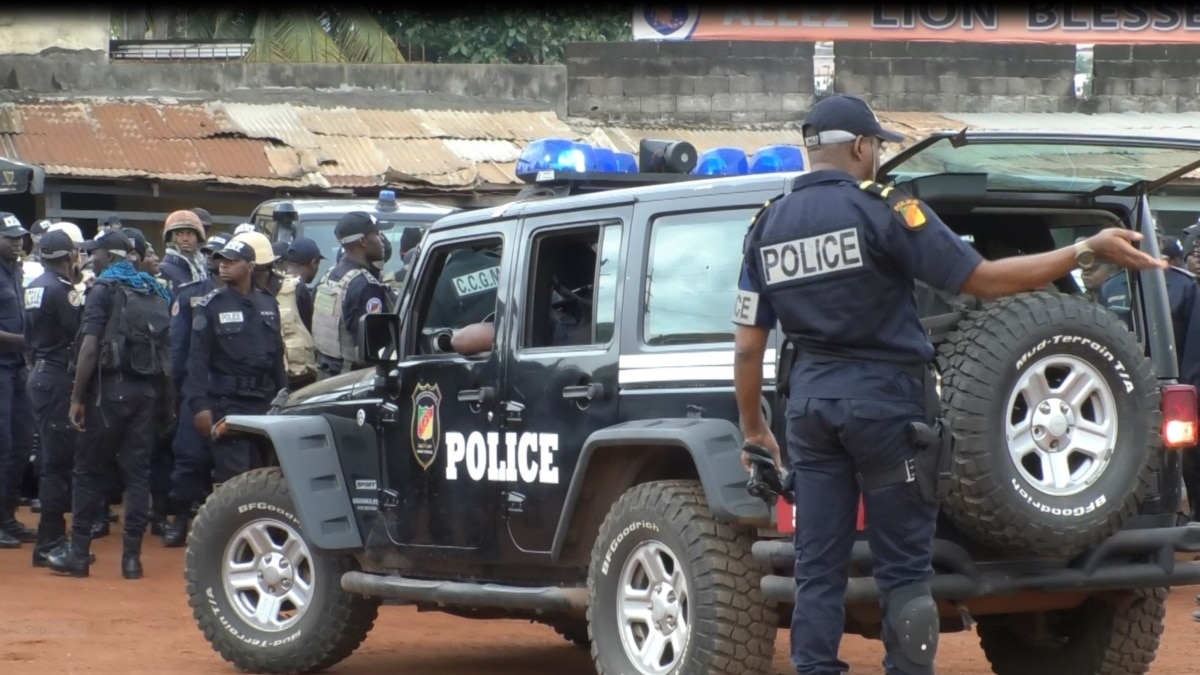This website uses cookies so that we can provide you with the best user experience possible. Cookie information is stored in your browser and performs functions such as recognising you when you return to our website and helping our team to understand which sections of the website you find most interesting and useful.


Human Rights Watch (HRW) says Cameroonian security forces are not protecting lesbian, gay, bisexual, transgender and intersex, or LGBTI, people from violent attacks and are instead arresting victims.
HRW said in a report this week that there has been an uptick in violence and abuse against LGBTI people in Cameroon as authorities continue to arrest and detain LGBTI and suspected LGBTI persons.
The report said since March 9, security forces have arbitrarily arrested at least six LGBTI people and detained 11, and that all of those arrested and detained were victims of group attacks for alleged consensual same-sex conduct and gender nonconformity. Officers beat two of those in detention, HRW said in the report.
Ilaria Allegrozzi, Human Rights Watch central Africa researcher, said Cameroon police are failing to protect LGBTI people from mob violence, conducting arbitrary arrests and detentions, perpetrating violence against LGBTI people and failing to bring perpetrators of mob violence on LGBTI people to book.
"The law criminalizing same-sex relations is [a] repressive, draconian backward law which does not only violate Cameroon’s obligation under national and international laws, but also contributes to create a climate of violence, to institutionalize an atmosphere of hate against LGBTI people," Allegrozzi said. "And the criminalization of same-sex conduct renders LGBTI people vulnerable to violence at the hands of ordinary citizens as well as law enforcement officials."
The HRW report said that on April 10 a crowd of about eight men armed with machetes, knives, sticks, and wooden planks, attacked a group of at least 10 LGBTI people attending a party at a private home in Messassi, a neighborhood in Cameroon’s capital, Yaounde.
HRW said in the report that a local official took two of the victims to gendarmeries for protection from the mob but that the gendarmes beat and humiliated the LGBTI persons and released them after a $24 bribe was paid.
The other victims remained in the hands of the violent crowd for at least two hours. Some were injured and their money and phones were seized by the mob, HRW said.
Shashan Mbinglo, a solicitor and member of the Cameroon Bar Council, an association of lawyers, said abuses of LGBTI people’s rights are rampant in Cameroon because the central African country criminalizes same-sex relations.
"They (HRW) will say our law is discriminatory, unfair but they forget that our laws are founded not just on principles of justice, fairness, equality as obtains globally, but on traditions and customs peculiar to us, Mbinglo said. "The laws do not permit, the laws do not accommodate, the laws are against what the LGBTI stand for. Most of them (LGBTI persons) think it is normal to come out on social media forgetting that they expose themselves to assault and attacks."
On state broadcaster CRTV, Cameroonian police denied HRW's allegations that they abuse LGBTI persons’ rights. The police said they are there to enforce the laws and protect all civilians from violence and brutality.
Under Cameroon’s penal code, people found guilty of same-sex relations risk up to five years in prison.
HRW said by criminalizing LGBTI relations, Cameroon not only violates its obligations under national and international law but condones an atmosphere of violence and hate against LGBTI people.



 Africana55 Radio
Africana55 Radio 
